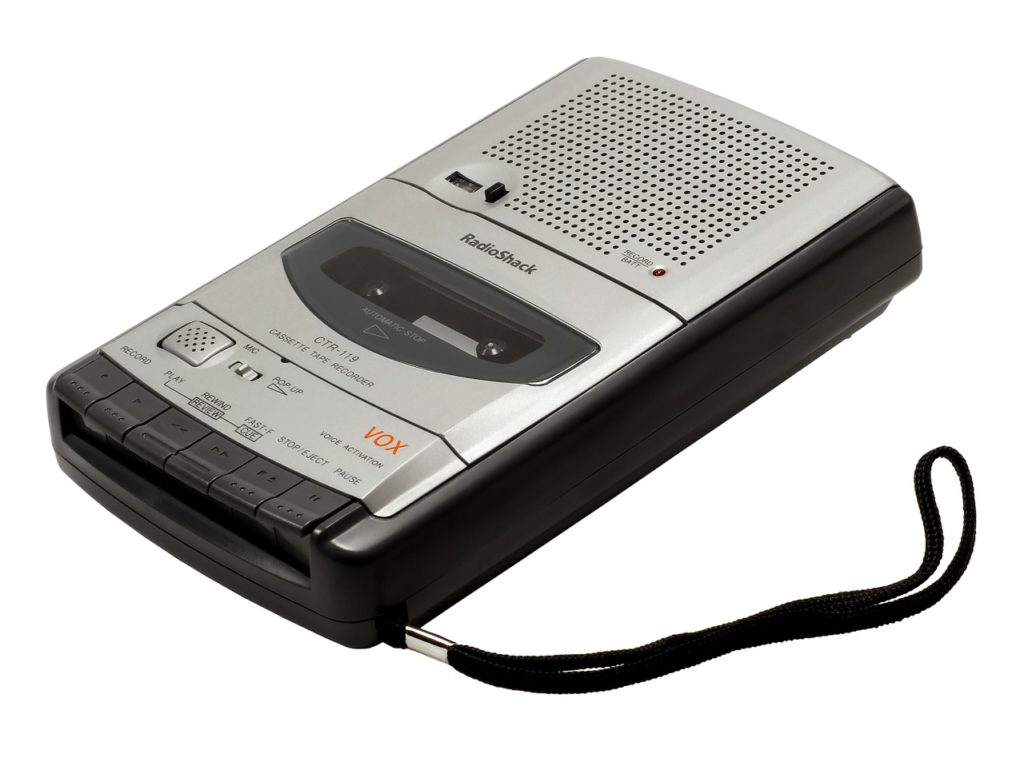
Can Music Business Software Save Your Venue?
The Real Live Music Business
For anyone outside of the live music business, the industry appears sexy, adventurous and just plain cool. Insiders know there’s a whole lot of work, thin margins and not a lot of sleep that goes into putting on concerts night after night. Throw in COVID-19 and the live music industry doesn’t look so dope. In fact, the virus has shut down live music for the most part and everyone is standing by to see what happens next. Music business software may not even be on a venue’s radar.
Live music venues are hanging by a thread, desperately trying to stay alive, even as their doors are forced shut. Even the most popular venues are struggling to sustain themselves. Pollstar estimates that the live music industry will lose approximately $9 billion due to cancellations fueled by COVID-19. The National Independent Venue Association (NIVA) conducted a survey of 2,000 music professionals and found that 90% of independent venues report they will close for good within months unless the government steps in with aid.
Without artists and patrons, there’s no money coming in. That means there should be as little money going out, right? Maybe not. It might be the ideal time to invest in music business software.
The Case for Music Business Software
Most music venues are local, owned by people who love live music enough to make it their life’s work. As great as it is to be surrounded by the energy of live music, the business behind the music is full of moving parts that can include dozens of stakeholders. Hundreds of emails can pass through your Inbox every day, the phone never seems to stop ringing, and shows are constantly being moved around. Then there are the artists’ contracts, settlements, and the constant brainstorming on how to market your concerts and venues.
Related: How to Effectively Market Your Music Venue
With all that’s going on, what tools are you using to manage it all? The hard truth is, most live music venue owners aren’t always the most efficient workers. The industry is fast-moving and there hasn’t been much focus from developers on helping people specifically in your position be more productive or efficient. Most technology isn’t specifically music business software. Instead, it’s a general piece of software for any industry. It doesn’t typically have all of the features you really need to run your venue, it can be too expensive, and it isn’t customizable.
Off-the-shelf solutions geared towards general event planning won’t cut it. You’ll end up using it for some things and then having to transition to other software applications to do the rest of your business. This causes an unintegrated mess that actually requires more of your time – time these solutions promised to spare.
There’s never enough time in the day and your time is money. Every minute you spend on the tasks required to run your business is costing you money. Venue owners and managers must realize that their time is worth something. Sure, you may not be getting paid for your time right now, but just as with a penny, a minute saved is a minute earned. The more time you can save on manual processes, repetitive tasks, double entries into multiple systems, digging through emails, and locating information you need, the less time you have to do the tasks that actually drive value.
There are at least five reasons you need music business software:
1. It’s built for the music business.
General event planning software wasn’t made for live music venues. It was made for people throwing parties, organizing events, and bringing people together for various special occasions. Music venues must throw multiple “events” every single day. That requires an insane amount of organization and honestly, that’s not where a lot of venue owners excel.
Instead, consider music business software created specifically for music venues – one that was actually built by live music professionals who understand the ins and outs of music venue management and know where the gaps are in other so-called solutions. Live music business software will have everything you need as a venue owner, with features you actually need instead of random features you’re paying for but may never use because they don’t relate to your business. Forbes found that about 80% of features in typical cloud software is rarely or never used, wasting nearly $30 billion every year.
Related: What’s in Your Event Management Software? Top Features to Look For
2. It consolidates multiple systems and apps into one place.
How many business applications and technology do you rely on to manage your business? Okta discovered that the average small/mid-sized business uses more than 70 apps. Even if you use way less, if you’re like most venue owners, you use email, fax, mobile devices, a contact management app, a finance app, Word and Excel documents, a payroll app, a ticketing platform, multiple social media platforms, and a payment platform. If you’re a bit savvier, you may have one or more marketing apps, a CRM app like Salesforce, a settlement app and a collaboration app. There could be dozens of apps you’re using to run your business, few if any of which are integrated.
And that’s the problem. When your business tools don’t share data, you’re having to go back and forth into different apps, transfer data from one app to the other (which introduces risk for errors), and validate the data is correct. You’d be surprised at how much time that takes out of your day. And how many of those apps are securely accessible remotely? If you ever have to wait to get to the office before you can verify information or get back to someone about something, that’s decreasing your productivity and slowing your response time.
3: It automates many of the manual tasks that suck your time.
Music business software is fantastic at automating manual, repetitive tasks you do every day. Take, for instance, your ticketing platform. When your financials are integrated with your ticketing platform, every time someone purchases a ticket, that sales data is automatically updated in your financials, giving you real-time visibility into how sales are trending. You don’t have to wait for the ticketing company to provide you with a report that you then manually enter into your financial app. This allows you to be more proactive in your marketing tactics, plan ahead, and get a better sense of how things are going way ahead of the actual show.
Email is another great example. If you’re using a typical email client like Outlook or Gmail, you have to manually drag and drop emails into folders you manually created and you have to do it with every single email you get. Good music business software will integrate all kinds of features into the communications module so all of your communications happen in one place. All communications that fall under a filter you create are sorted for you. Your calendar may include holds management for all of your rooms, shows, and markets, even allowing you to generate hold reports to make bookings and changes much faster and easier.
4. It provides a single source of record you and your team can trust.
One of the biggest issues with using multiple tools to manage your business is that not everyone is looking at the same information. Your team needs music business software to keep them all on the same page. When all of the data is centralized into one place with cloud-based access, you and your team members can find exactly what they need and do their job from anywhere at any time. The software provides an accurate historical record of all communications, income and expenses, schedules and more so there’s never a question.
Going a step further, those integrations discussed above mean there is no middle man to get data from one system to another. When data flows between your applications without your intervention, there is no room for human error. Data is, therefore, more trustworthy and more reliable so you can make decisions with more confidence.
5. It helps your business run more efficiently, smoothly, and effectively.
For all of these reasons outlined above, it only makes sense to invest in music business software. Your team is able to collaborate with greater ease, your data is more trustworthy and complete, you and your people can work on what matters most instead of spending their time doing administrative tasks – all of which results in you reducing costs to keep more money in your and your employee’s pockets.
With the end of COVID still far off, venue owners and managers must find ways to cut costs and operate leaner. Music business software is an investment in future efficiencies and productivity that will have a nice ROI. When you and your people can focus on building relationships, developing killer marketing strategies, and providing fans with an awesome experience instead of mundane administrative tasks, you’ll be in a much better position to reap the rewards of your hard work.

Matt Ford is the founder and CEO of Prism.fm, an Austin-based software company revolutionizing live music event management. With a background in entrepreneurship and a degree from the University of Wisconsin-Madison School of Business, Ford combined his self-taught coding skills with firsthand experience as a concert promoter to address the inefficiencies he observed in the industry. In 2018, he launched Prism.fm, an all-in-one platform designed to streamline operations for venues, promoters, and agencies by replacing cumbersome spreadsheets with integrated tools for booking, financial tracking, and contract management. Under his leadership, Prism.fm has grown significantly, achieving $3 million in annual recurring revenue post-COVID and securing over $15 million in funding . Ford’s commitment to building user-centric solutions has positioned Prism.fm as a trusted partner for over 1,500 venues and promoters worldwide.



